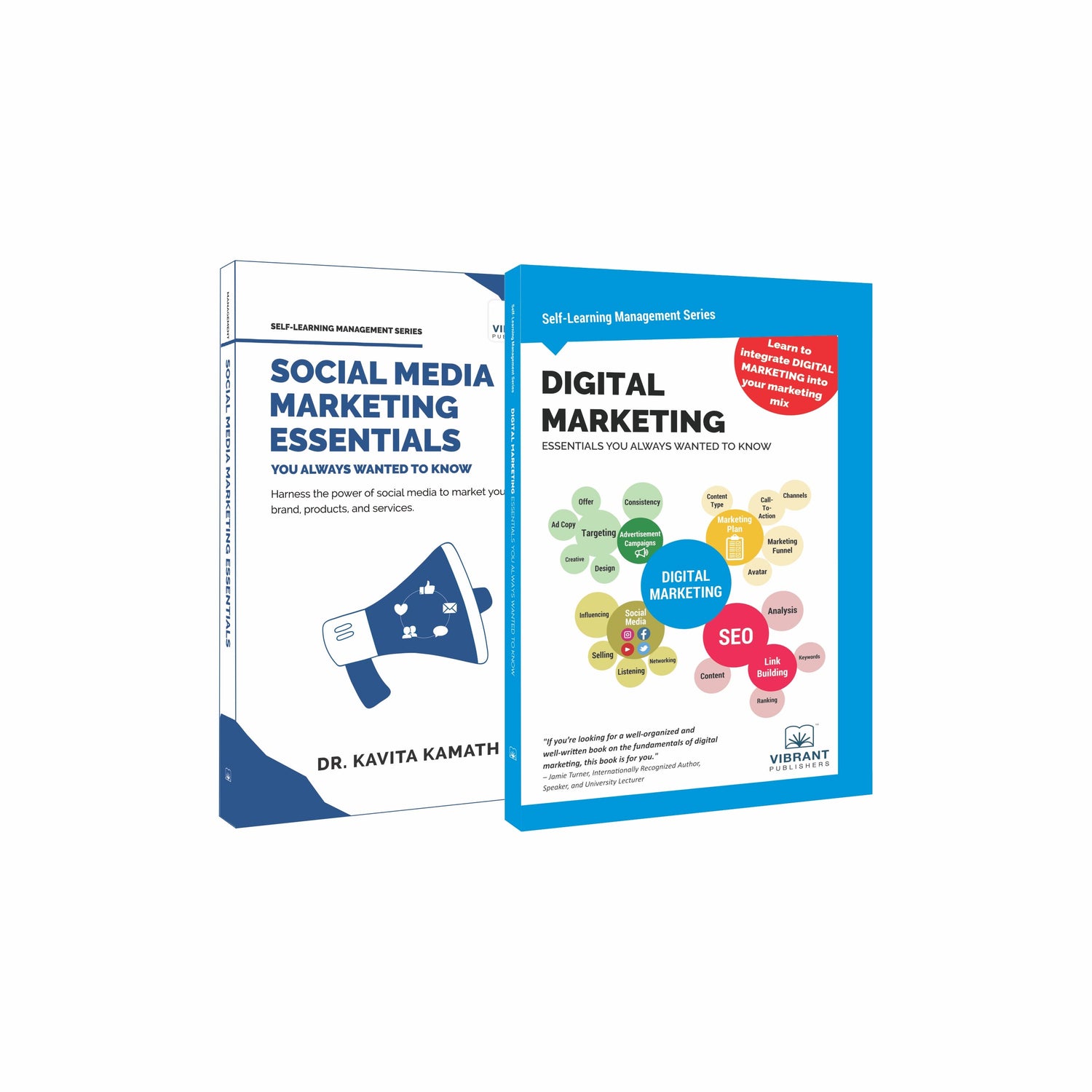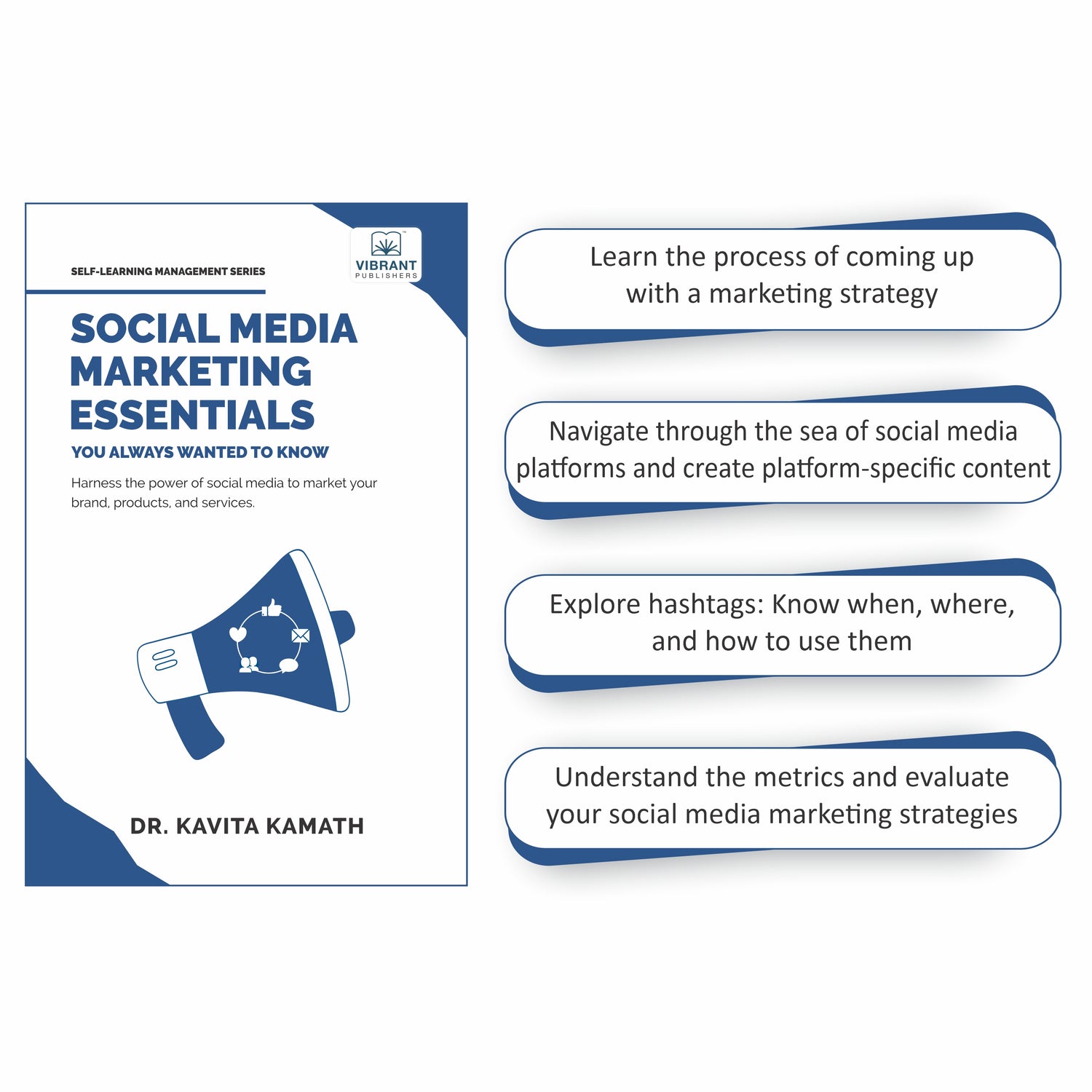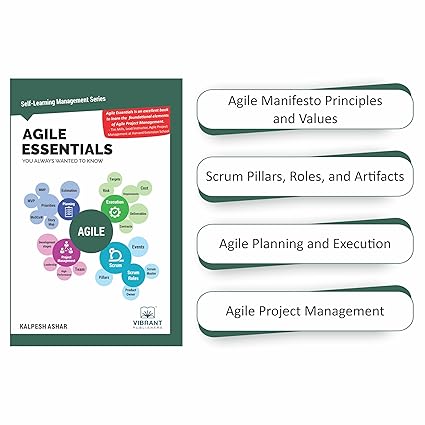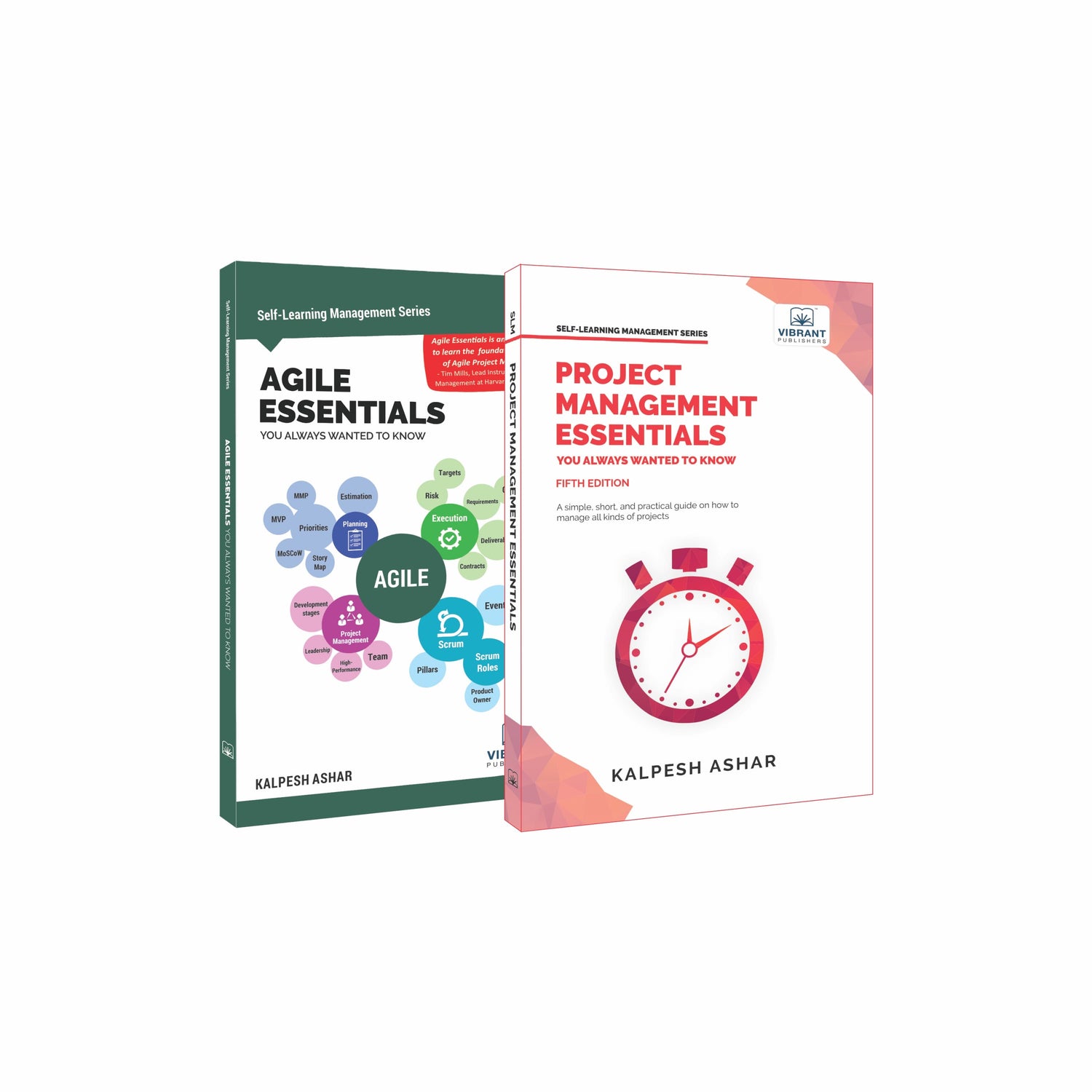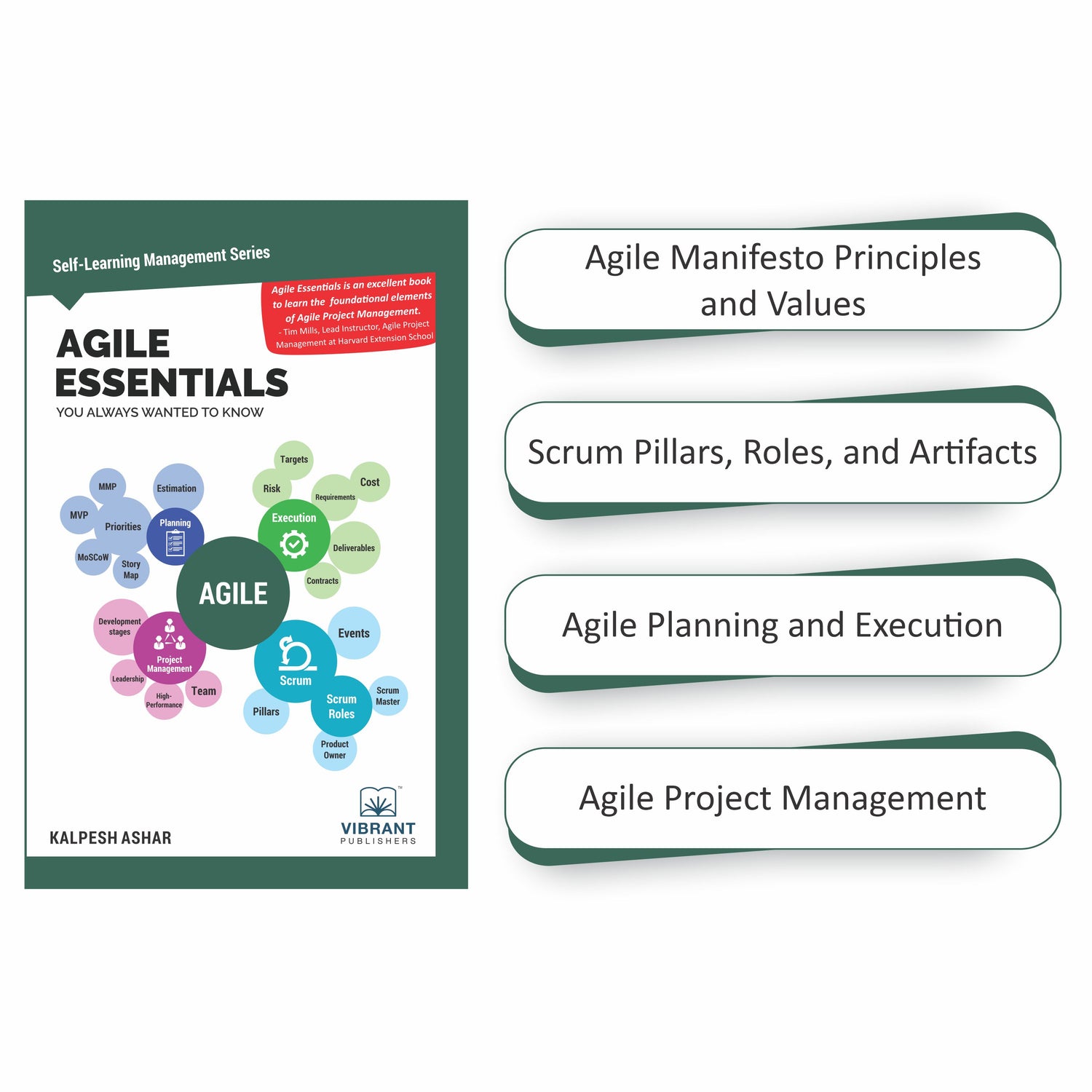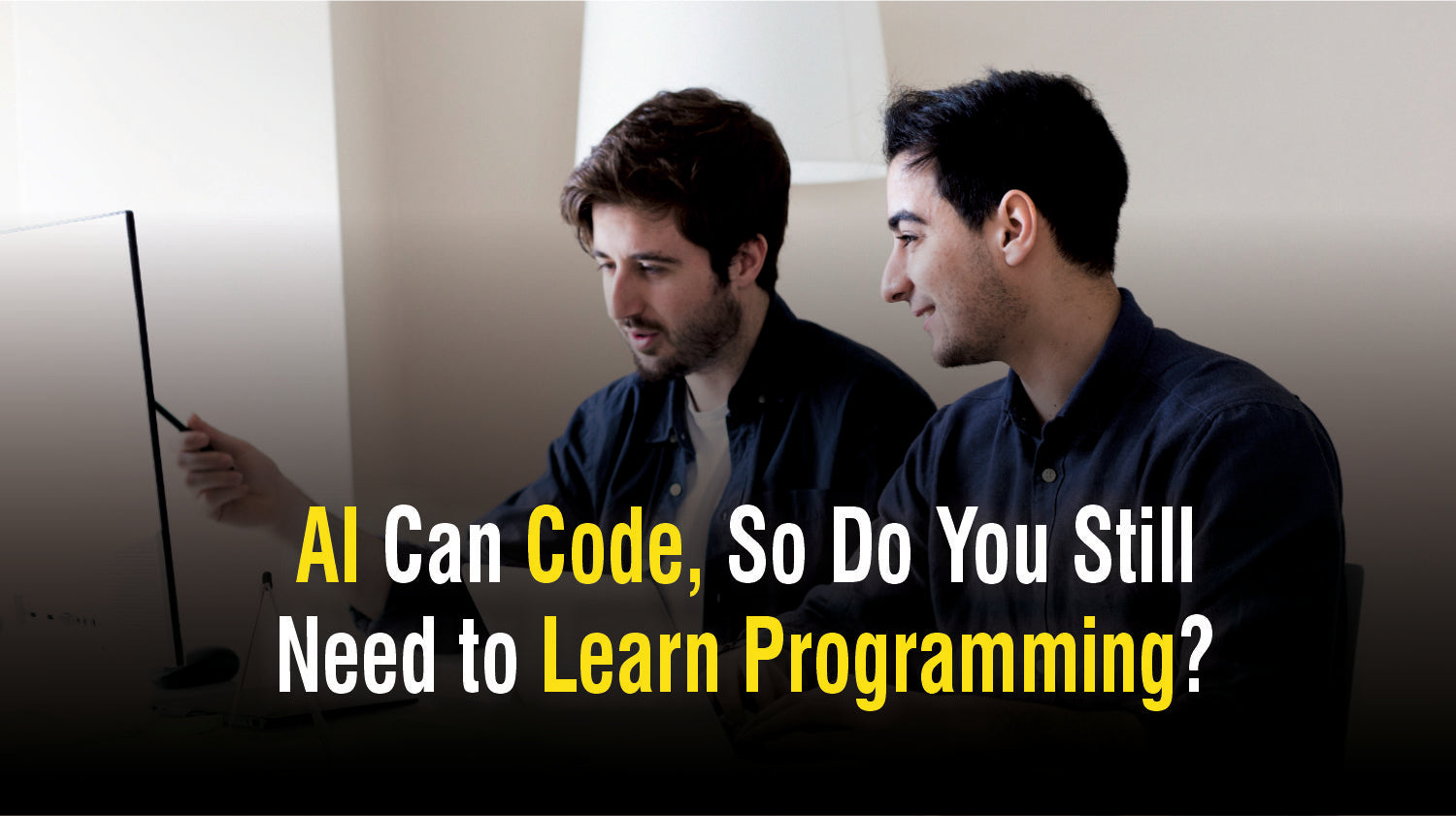
AI Can Code, So Do You Still Need to Learn Programming?
With the rise of generative AI technology, investing time in learning to program might seem strange. The advancements in AI technology are impressive. From autocompleting code to identifying bugs, it may seem like there is no longer a place for a programmer. After all, with a simple prompt, AI can generate complete programs much quicker than a novice programmer could ever hope to do so.
Generative AI is a valuable tool that enhances the programming workflow in many ways.
- Code Autocompletion: Typos and misspellings are the bane of many programmers. AI tools can predict and suggest code snippets reducing the likelihood of syntax errors and inaccurate variable and function names.
- Code Generation from Descriptions: AI can rapidly prototype code based on a description of what is needed. While this shouldn’t be used as the final code, using it as a boilerplate can speed up development.
- Bug Detection: While Python gives great feedback on errors, there will be times when a programmer is left hunting for a bug with no cause in sight. AI can quickly analyze code to identify syntax errors, and sometimes even logical errors. Add to this the ability to suggest fixes, and you’ve got an invaluable tool.
- Documentation Generation: Good documentation is important for understanding and managing code, but it is an extra step that doesn’t always get the full attention it deserves. Thankfully AI tools can automatically generate documentation by analyzing code, although it would still need reviewing.

While AI tools enhance productivity, they lack the understanding and creativity of human programmers.
Despite its capabilities, it is important to understand that generative AI also has limitations.
Limited Creativity
While AI excels at routine tasks, it lacks the ability to think outside the box. Models like GPT-4 are trained from data pulled from the internet, so that code can be easily generated for problems that have already been solved. While AI seems to solve complex problems, it is often piecing together several similar problems or following established patterns. AI lacks comprehension and cannot synthesize new solutions. On the other hand, human insight and creativity can truly solve novel problems.
Misinterpretation of Context
While AI is getting better at understanding the context of a request, there is no replacement for human judgment. Nuanced or ambiguous scenarios can be misunderstood by AI, leading to a code that does not fit the requirements of the project. This can lead to situations where there is more work fixing and refining AI code than just writing it.
Inconsistent Quality
Programmers tend to have what could be called a coding accent. In the same way that people have consistency in the way they speak and write, programmers tend to have a coding style. AI pulls from various sources, so the exact output of the code can be unpredictable, leading to an inconsistent style. Worse than this, the code produced is of varying quality, sometimes written with best practices in mind, and other times written barely functional. Programmers still need to be involved to review the code and ensure it integrates with complex systems.
Ethical and Security Risks
An AI tool is only as good as the data it was trained on. Much of the code on the internet is not written with security in mind or may not consider security threats older than the training data. Without critically evaluating AI-generated code, vulnerabilities could be introduced into code bases which could put sensitive data at risk.
Conclusion
When it comes to programming, a balanced approach to generative AI is important. AI tools can enhance productivity by automating mundane tasks and offering enhanced debugging, but they lack the understanding and creativity that programmers have at their disposal. Programming skills will still be required for now and well into the future.
Book cover of Python Essentials You Always Wanted To Know- a quintessential guide to begin your coding journey.
Python Essentials You Always Wanted to Know is the perfect resource to begin your programming journey. This book guides you through fundamental coding concepts, supplemented with practical examples and case studies, helping you to apply what you have learned seamlessly. Due to Python’s versatility and active community, its applications in data science, automation, and machine learning have become indispensable. With its growing demand, now is the perfect time to level up your coding skills with Python.
This blog is written by Shawn Peters, author of Python Essentials You Always Wanted To Know.
Find out more about the book here:
Link to the book: Python Essentials You Always Wanted To Know
Author: Shawn Peters
Press Release: Vibrant Publishers’ New Release is a Game-Changer for Professional Growth
Want to stand out for your Upcoming Python Interview?
Data Structures & Algorithms Interview Q/A that can land you into your dream job
Deep Dive into Java Operators
Share




